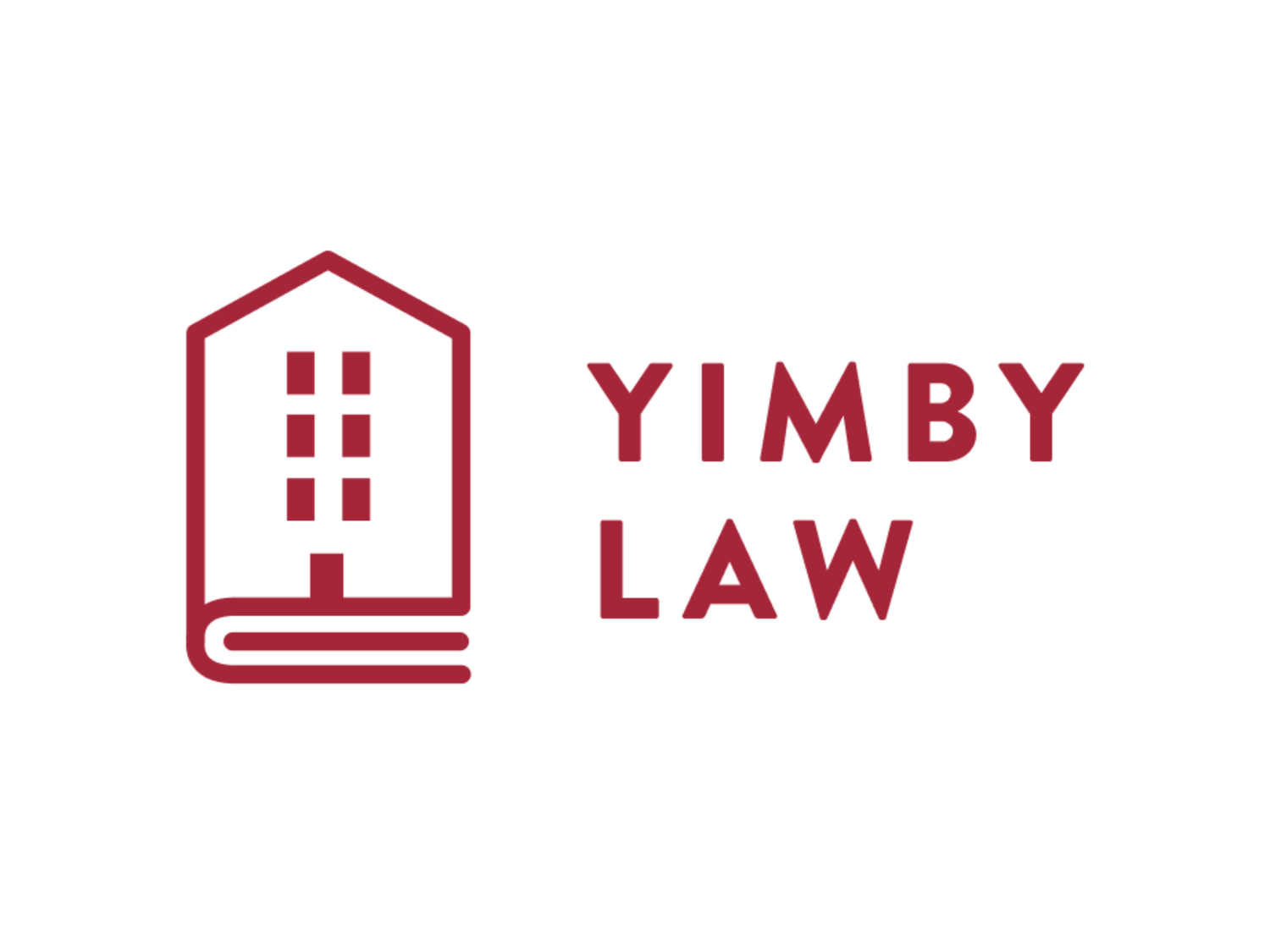YIMBY Law Sues Cupertino Twice for Illegally Blocking New Homes
/San Francisco, CA— YIMBY Law has filed two lawsuits against the city of Cupertino to defend new housing proposals the city illegally denied. YIMBY Law argues that the city violated California’s Housing Accountability Act by denying two proposals for new housing. Both proposals reserve at least 20% of the homes for subsidized affordable housing. These legal actions aim to ensure Cupertino follows California housing law and allows for the minimum number of homes required by the state.
The two housing proposals defended by YIMBY Law have faced numerous roadblocks in the application process, and both fall under the Housing Accountability Act’s “Builder’s Remedy” provision, which allows more homes to be built—with affordability requirements—when cities do not comply with Housing Element law. The city claimed that regardless of how many revisions they request in the application, the builder must respond to all of them within 90 days of the first revision request. In these cases, even though the projects are not required to comply with all of the city’s zoning rules, the city illegally demanded that the developers show how they complied with those rules anyway.
“Cupertino has long been a bad actor when it comes to blocking new housing, which is especially egregious considering its status in the global economy as the heart of Silicon Valley,” said Sonja Trauss, Executive Director of YIMBY Law. “We thought suing them the first time would get them back on track, but clearly they need a stronger message. YIMBY Law is here to deliver the message until it sticks. Cupertino must do its part—just like every other city in California—to end the housing shortage and allow the number of homes needed in the community.”
According to a 2015 estimate from the California Legislative Analyst’s Office, California is short approximately 2.7 million homes. Recent laws advocated for and passed with the support of YIMBY Action chapters across the state aim to help close the gap and ensure there are enough homes available at every income level. These laws bolster the enforcement of state-mandated housing plans (Housing Elements), adding consequences and workarounds to ensure that cities allow much-needed homes to be added to their communities.
Cupertino is one of many cities that have missed Housing Element deadlines, and remains one of the cities most resistant to allowing more homes. As the location of Apple’s headquarters, Cupertino is one of the most exclusive and expensive communities in the state, with a staggering median household income of $231,139. This is due to the city and its affluent residents artificially restricting the number, types, and price points of the homes in the community.
“Cupertino essentially wants to ask for an unlimited number of updates and changes, all of which have to be submitted to the city within 90 days of the city's first request for more information,” said Gillian Pressman, Managing Director at YIMBY Law and YIMBY Action. “This would allow a city to ask for more work, such as a change to a large study, just hours before the end of the 90 day period. It's absurd and unrealistic. They’re clearly doing this to try and get out of building homes, just like they’ve been doing for decades.”
The state Department of Housing and Community Development (HCD) has already warned other anti-housing cities that these types of restrictions are illegal. In February 2025, HCD issued guidance to Los Gatos to inform them that their similar restrictions are incorrect. Additionally, HCD issued two similar Notices of Violation to Beverly Hills in August and December of 2024. In all of these examples, cities have been told that they cannot arbitrarily claim an application is incomplete. Cupertino, YIMBY Law argues, should be held to the same standard.
“The law is on our side, and so are the people of California who struggle under the impacts of the housing shortage,” said Jae Hendrix, Communications Director at YIMBY Law and YIMBY Action. “Now it’s time for Cupertino to do the right thing so we can stop suing them and we can all get to work doing the right thing: advocating for, permitting, and building more homes for people at all income levels.”
YIMBY Law will continue to defend housing proposals that are illegally denied so that housing laws are followed, more homes are built, and housing becomes affordable and equitable. In the cases against Cupertino, YIMBY Law looks forward to successfully defending the homes that have been illegally denied.

